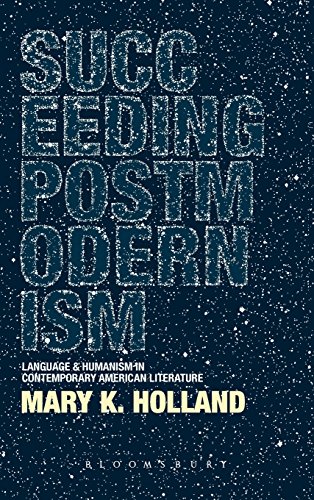

Most ebook files are in PDF format, so you can easily read them using various software such as Foxit Reader or directly on the Google Chrome browser.
Some ebook files are released by publishers in other formats such as .awz, .mobi, .epub, .fb2, etc. You may need to install specific software to read these formats on mobile/PC, such as Calibre.
Please read the tutorial at this link: https://ebookbell.com/faq
We offer FREE conversion to the popular formats you request; however, this may take some time. Therefore, right after payment, please email us, and we will try to provide the service as quickly as possible.
For some exceptional file formats or broken links (if any), please refrain from opening any disputes. Instead, email us first, and we will try to assist within a maximum of 6 hours.
EbookBell Team

4.1
10 reviewsWhile critics collect around the question of what comes "after postmodernism," this book asks something different about recent American fiction: what if we are seeing not the end of postmodernism but its belated success? Succeeding Postmodernism examines how novels by DeLillo, Wallace, Danielewski, Foer and others conceptualize threats to individuals and communities posed by a poststructural culture of mediation and simulation, and possible ways of resisting the disaffected solipsism bred by that culture. Ultimately it finds that twenty-first century American fiction sets aside the postmodern problem of how language does or does not mean in order to raise the reassuringly retro question of what it can and does mean: it finds that novels today offer language as solution to the problem of language. Thus it suggests a new way of reading "antihumanist" late postmodern fiction, and a framework for understanding postmodern and twenty-first century fiction as participating in a long and newly enlivened tradition of humanism and realism in literature.